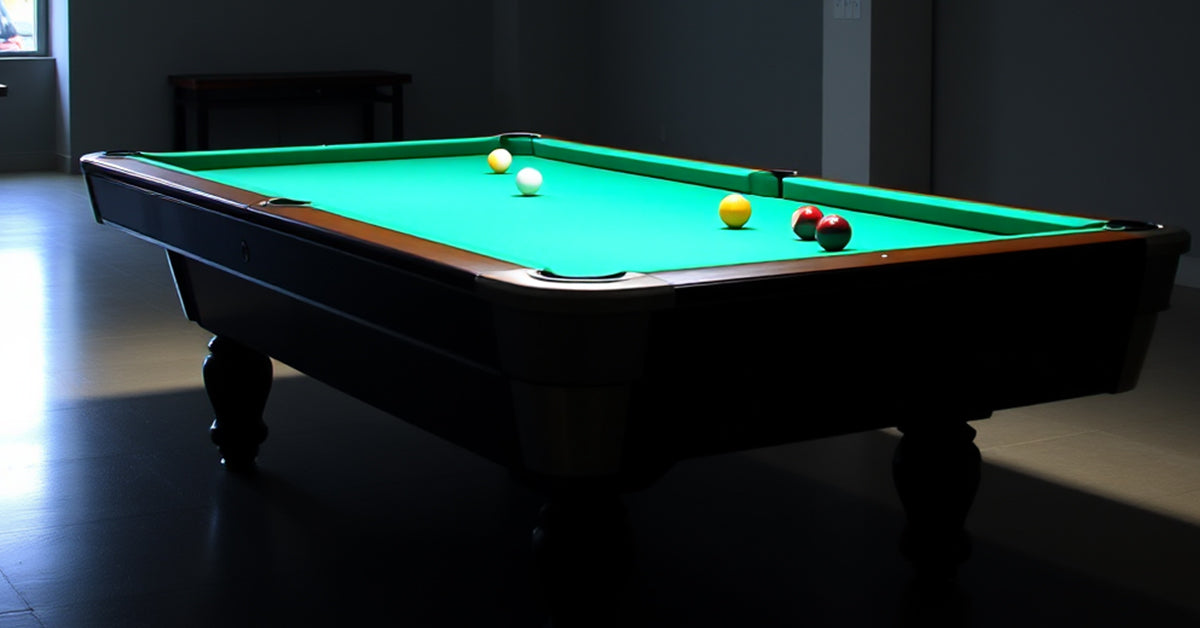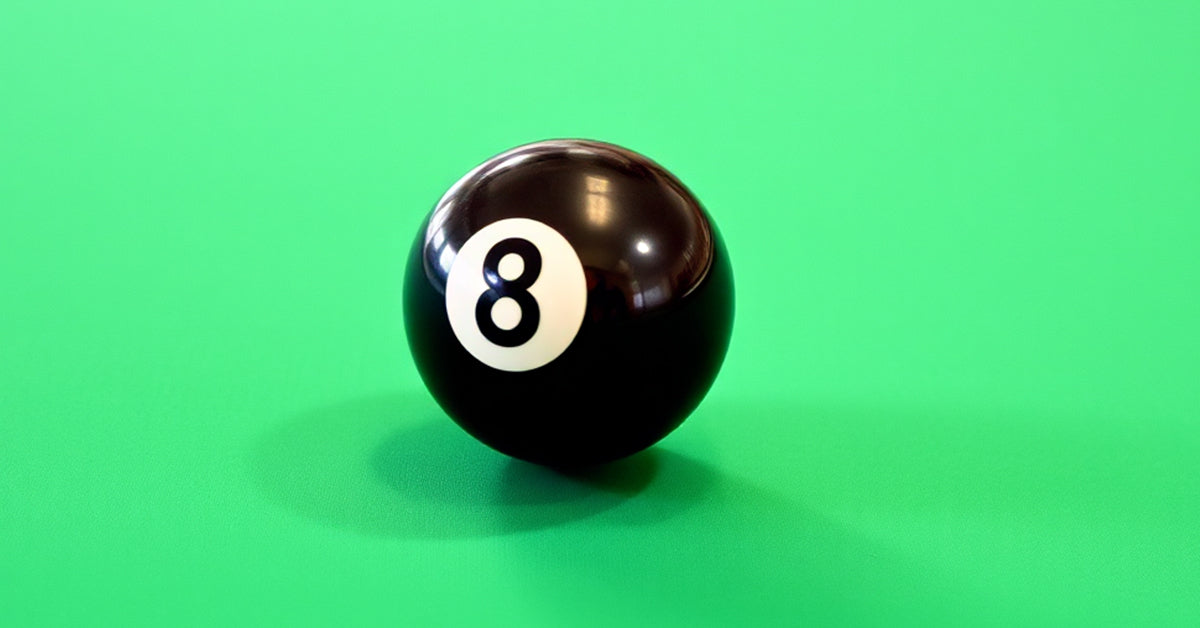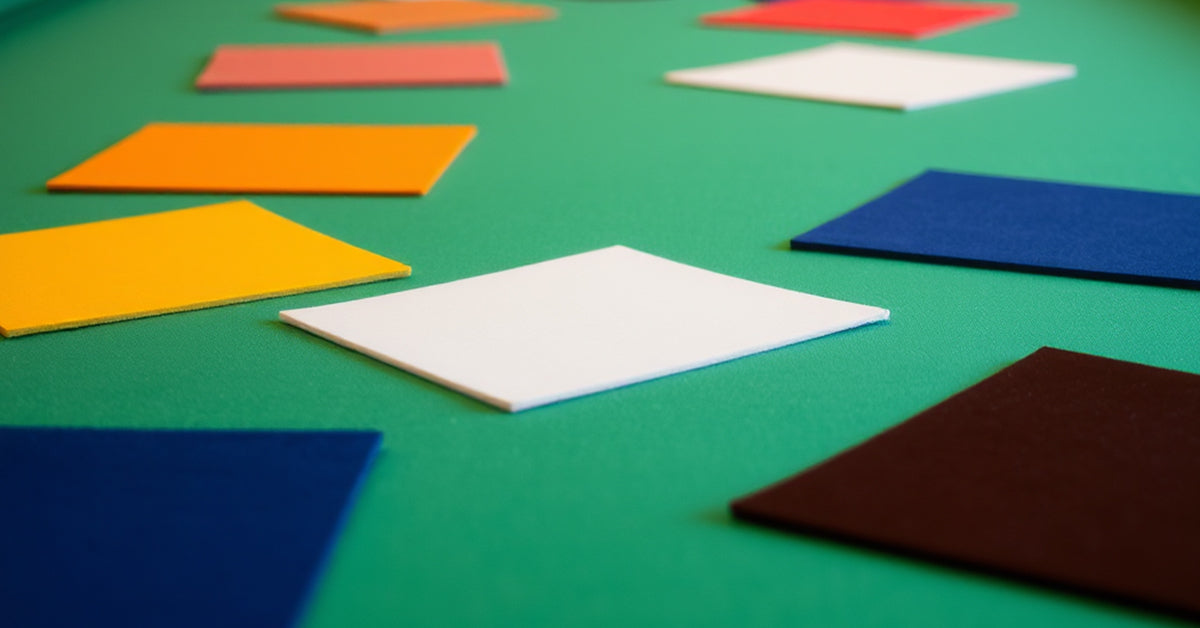Investing in a pool table is an exciting decision that can provide endless entertainment and enhance the ambiance of your home or establishment. One of the primary choices you'll face is whether to purchase a new or used pool table. Each option has its advantages and drawbacks, and the best choice depends on your specific needs, preferences, and budget. This guide will help you navigate the factors to consider when deciding between a new and a used pool table.
Advantages of Buying a New Pool Table
1. Customization Options
- Personalization: Buying new allows you to customize the table to your liking, from the style and finish to the felt color and type.
- Latest Features: Access to the newest designs, technology, and materials that may enhance gameplay and aesthetic appeal.
2. Pristine Condition
- No Wear and Tear: A new table comes in perfect condition, free from scratches, dents, or structural issues.
- Optimal Performance: Fresh cushions, felt, and slate ensure the best possible playing experience.
3. Warranty and Customer Support
- Manufacturer's Warranty: New tables typically come with warranties that cover defects and sometimes even wear and tear for a specified period.
- After-Sales Service: Access to customer support for installation, maintenance, and any issues that may arise.
4. Peace of Mind
- Quality Assurance: Confidence in the authenticity and quality of materials used.
- No Hidden Problems: Eliminates the risk of undisclosed damage or repairs needed.
Disadvantages of Buying a New Pool Table
1. Higher Cost
- Initial Investment: New pool tables can be significantly more expensive than used ones, which may not fit all budgets.
- Depreciation: Like many new items, a pool table may lose value once it's been installed.
2. Delivery Time
- Waiting Period: Custom orders may take weeks or months to manufacture and deliver.
Advantages of Buying a Used Pool Table
1. Cost Savings
- Lower Price: Used tables are generally more affordable, allowing you to purchase a higher-end model for less.
- Negotiable Pricing: Private sellers may be open to price negotiations.
2. Higher Quality for Less
- Premium Brands Affordable: You might afford a top-tier brand or model that would be too expensive if bought new.
- Vintage Appeal: Access to antique or vintage tables with unique designs and craftsmanship.
3. Immediate Availability
- Quick Acquisition: Used tables are often available immediately, without the waiting period associated with new tables.
Disadvantages of Buying a Used Pool Table
1. Potential Wear and Tear
- Condition Uncertainty: Risk of hidden damage, such as warped slate, worn cushions, or structural issues.
- Aesthetic Imperfections: Scratches, faded felt, or dents may be present.
2. Lack of Warranty
- No Protection: Used tables typically don't come with warranties, leaving you responsible for any repairs.
- Limited Recourse: Private sellers may not disclose all issues, and there's little you can do after purchase.
3. Moving and Installation Challenges
- Disassembly Required: Used tables often need to be disassembled, moved, and reassembled professionally.
- Additional Costs: Moving and installation fees can add up, potentially offsetting initial savings.
4. Limited Customization
- As-Is Condition: You're limited to the table's existing features, styles, and colors.
- Modification Costs: Changing felt color or making upgrades adds extra expenses.
Factors to Consider When Deciding
1. Budget
- Assess Financial Limits: Determine how much you're willing to spend, including purchase price, delivery, installation, and potential repairs.
- Long-Term Value: Consider whether investing more upfront for a new table might save money on repairs and maintenance later.
2. Usage Purpose
- Casual Play vs. Professional Practice: Serious players might prefer a new table for optimal performance, while casual users may find a used table sufficient.
- Frequency of Use: A new table may withstand heavy use better than an older one.
3. Space and Location
- Room Suitability: Ensure the table fits your space, considering dimensions and access for installation.
- Moving Logistics: Understand the challenges and costs of moving a used table to your location.
4. Maintenance Capability
- DIY Skills: Are you comfortable inspecting and possibly repairing a used table?
- Professional Help: Factor in the availability and cost of professional movers and installers.
5. Availability
- Market Options: Explore what's available in both new and used markets to see which meets your needs better.
- Time Constraints: If you need a table quickly, used options might be more readily available.
Tips for Buying a Used Pool Table
1. Inspect Thoroughly
- Slate Condition: Check for cracks, warping, or seams in the slate.
- Felt Wear: Look for tears, thinning areas, or stains on the cloth.
- Cushions and Rails: Ensure they are firm and provide a proper bounce.
- Frame and Legs: Inspect for structural integrity, signs of repairs, or wood damage.
2. Ask for History
- Usage Background: Find out how often the table was used and for what purpose.
- Maintenance Records: Inquire about any repairs or maintenance performed.
- Reason for Selling: Understanding why the seller is parting with the table can provide insight.
3. Evaluate Additional Costs
- Moving Expenses: Get quotes from professional pool table movers.
- Repair Estimates: Calculate potential costs for re-felting, cushion replacement, or other repairs.
- Installation Fees: Include the cost of professional installation in your budget.
4. Negotiate Price
- Use Findings as Leverage: If you identify issues, use them to negotiate a better price.
- Be Prepared to Walk Away: If the deal isn't right, don't hesitate to keep looking.
Tips for Buying a New Pool Table
1. Research Brands and Dealers
- Reputable Manufacturers: Look for brands known for quality and durability.
- Authorized Dealers: Purchase from trusted retailers who offer warranties and support.
2. Customize Wisely
- Essential Features: Focus on elements that enhance gameplay.
- Aesthetic Choices: Select styles and colors that complement your space but be mindful of trends that may date quickly.
3. Understand Warranties
- Read the Fine Print: Know what's covered, the duration, and any conditions.
- Extended Warranties: Consider purchasing additional coverage if available.
4. Plan for Delivery and Installation
- Professional Setup: Use the manufacturer's or dealer's installation services to ensure proper assembly.
- Schedule Accordingly: Coordinate delivery and installation times that work for you.
Conclusion
The decision between buying a new or used pool table hinges on balancing cost, condition, customization, and peace of mind. A new pool table offers the latest features, warranties, and customization but at a higher price. A used table can provide significant savings and the possibility of owning a high-quality table for less, but it comes with risks and potential additional costs.
Key Takeaways:
- Assess Your Needs: Determine your priorities—whether they are budget, customization, or performance.
- Do Thorough Research: Whether buying new or used, knowledge is your best tool for making a smart purchase.
- Consider Total Costs: Look beyond the purchase price to include delivery, installation, repairs, and accessories.
- Seek Professional Advice: Don't hesitate to consult with pool table experts or technicians, especially when evaluating used tables.
By carefully considering these factors and following the tips provided, you'll be well-equipped to make an informed decision that brings you years of enjoyment and satisfaction with your pool table purchase.
Ready to take the next step? Whether you choose new or used, investing time in research and planning will ensure you find the perfect pool table to meet your needs. Happy playing!


